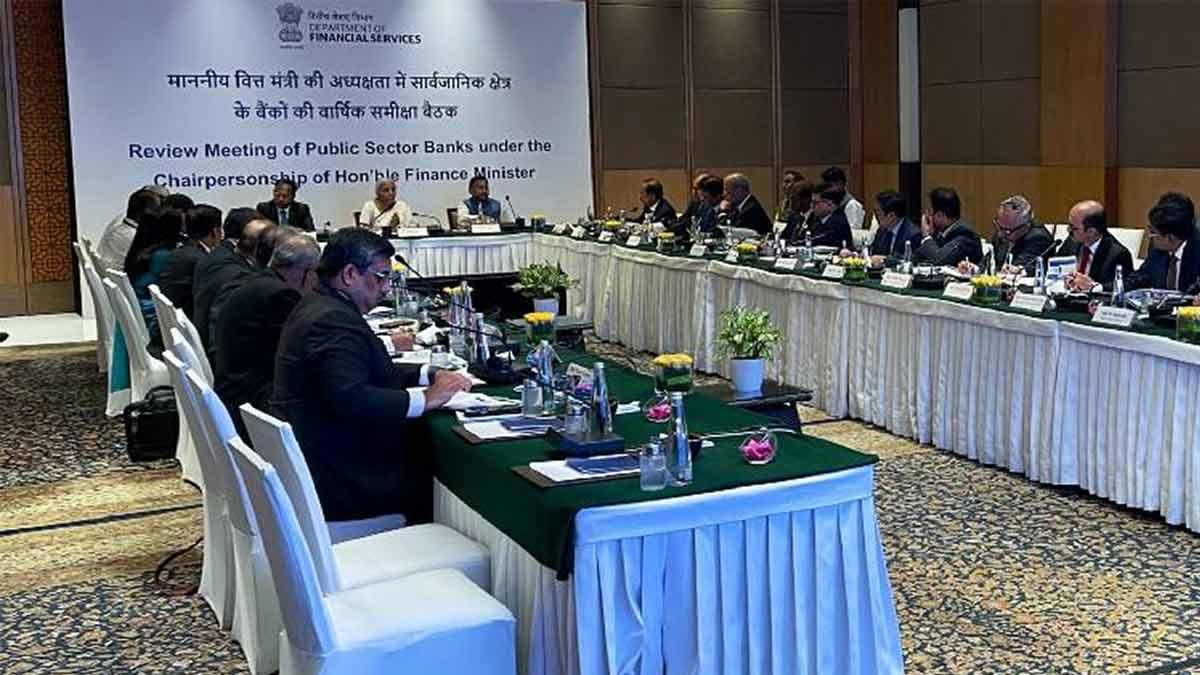Afghanistan’s central bank governor Ajmal Ahmady on Wednesday said that the Taliban will not have access to most of the country’s reserved wealth including cash reserves and gold stocks.
The Da Afghanistan Bank, which is the central bank of the nation, has around $9 billion dollars in reserves, out of which most of it has been held in overseas banks.
The money has been put safely into many banks as per international standards, Ahmady said. Out of these, most assets have been held in liquid assets such as treasuries and gold, he added.
Also Read | Indian govt's IT spending to reach $8.3 bn in 2022
"As per international standards, most assets are held in safe, liquid assets such as Treasuries and gold," said Ahmady, who fled the country on Sunday, fearing for his safety as the Taliban swept into the capital.
Furthermore, one United States administration clarified that any amount or central bank asset from Afghanistan has not been given to the Taliban. This is crucial since the US Federal Reserve holds around $7 billion of Afghanistan’s reserves including $1.2 billion in gold.
As the security position deteriorated, Washington has decided to cut off cash shipments to Afghanistan. This helped surface messages that indicated that the Taliban has accessed its country’s bank reserve.
Also Read | RBI revises guidelines for hiring bank lockers, increases rental charge |10 points
"Please note that in no way were Afghanistan's international reserves ever compromised," and are held in accounts that are "easily audited," Ahmady said.
To cut off the operation and funding of the Taliban and isolate them in their course, the USA can also block aides that Afghanistan has been receiving from the likes of IMF and World Bank.
This is noteworthy since the IMF is all set to distribute 650 billion in Special Drawing Rights (SDR) on August 23 to all eligible members, of which Afghanistan's share was valued at about $340 million, Ahmady said.
Earlier, the IMF released a $370 million loan for Afghanistan in order to support the country during the covid-19 pandemic.

















